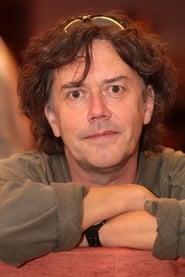

Mladí muži poznávají svět(1996)

Movie: Mladí muži poznávají svět
Top 2 Billed Cast

Mladí muži poznávají svět
HomePage
Overview
Release Date
1996-03-01
Average
0
Rating:
0.0 startsTagline
Genres
Languages:
Keywords
Similar Movies
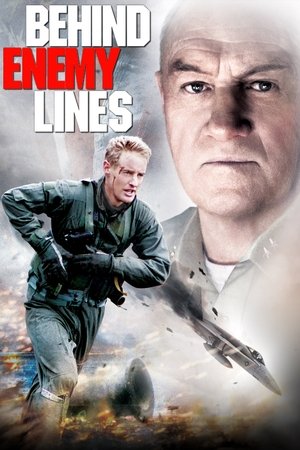 6.4
6.4Behind Enemy Lines(en)
While flying a routine reconnaissance mission over Bosnia, fighter pilot Lt. Chris Burnett photographs something he wasn't supposed to see and gets shot down behind enemy lines, where he must outrun an army led by a ruthless Serbian general. With time running out and a deadly tracker on his trail, Burnett's commanding officer, Admiral Reigart, decides to risk his career and launch a renegade rescue mission to save his life.
Bosnia!(bs)
The carnage in Sarajevo provides the focus of this French documentary which seeks to call attention to the terrible conflict in the hopes of finally ending it. The film is divided into five parts. Each part covers a time frame ranging from April 4, 1992, the beginning of the war, to the present. The major issues that occur are three-fold. It depicts the systematic genocide of Bosnians, the silence of Western countries, and the determination of the Bosnians to resist. They refuse to be seen as victims, even though the filmmakers portray them so. Also included are the origins and political aspects of the war. It offers interviews with participants. It also reveals how the U.S. State Department censored reports about Serbian death camps.
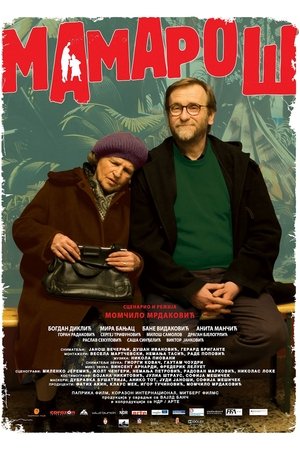 5.5
5.5Mama's Boy(sr)
Middle-aged cinephile and film projectionist Pera still lives with his mother - and best friend - Mara, in Belgrade. It's 1999 and when NATO bombs start raining down on Serbia, the two of them become refugees. After a surreal journey, they end up in New York, where Pera realizes that he can no longer do the old job he loved so much. While he and Mara were struggling to survive, the new age of digital projection was born. Then Pera stumbles upon some discarded projectors and his new mission in life becomes clear: he will travel around and show people the magic of Real Cinema - the magic that can only be created by celluoid, mechanical projectors, the silver screen and flickering light.
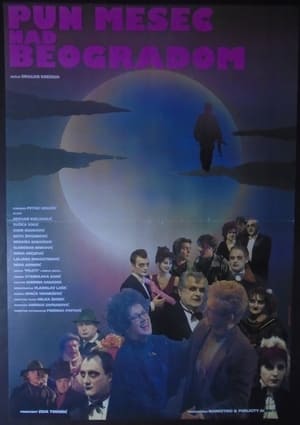 4.6
4.6Full Moon Over Belgrade(sr)
1992 Belgrade. Aleksa works the night shift at an occult magazine to avoid military police, draft and war. Old colleague, Mrs. Kosara, offers him shelter at her place. Soon, a dead friend warns him in his dream about the old lady.
Quo Vadis, Aida?: The Missing Part(bs)
Six months after the events of the first film, Aida is on a peacetime journey to discover the fates of her husband and sons. Joining with other women who organize protests and conduct their own private investigations in search of truth and justice, they overcome corruption, political inertia and other obstacles while recognizing that the peace process is harder than the war itself.
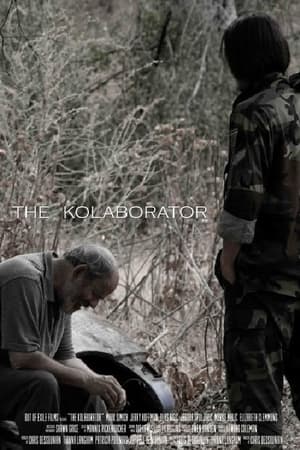 7.4
7.4The Collaborator(en)
During the conflict in the former Yugoslavia many soldiers were convinced to kill fellow citizens including friends and relatives in the name of patriotism. The Kolaborator follows the story of Goran, 24, a promising young soccer player who is forced to become a soldier. Goran goes from being a talented athlete to an executioner virtually overnight. Following orders, Goran lines up civilians, shoots them and drags them into mass graves. Justifying his role as a protector of his people, Goran becomes increasingly detached from the task until his soccer coach and life-long friend, Asim, is led in front of him. As a familiar face stands defeated before him, Goran must reconsider his actions and choose between his own life and that of his dear friend.
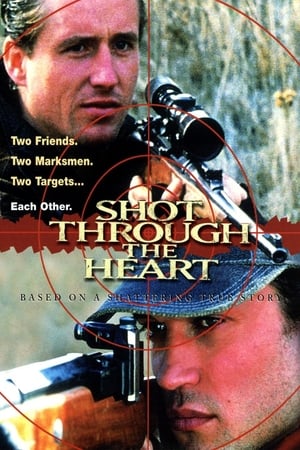 5.7
5.7Shot Through the Heart(en)
The horrors of war are examined from the view points of lifelong friends (Linus Roache, Vincent Perez), who end up on opposing sides in the civil war in Sarajevo. One is an expert marksman, who trains the snipers used to terrify the city and the other becomes a freedom fighter, who rejects his friend's offer to gain an escape from the city. As might be expected, the two eventually have to face-off against one another.
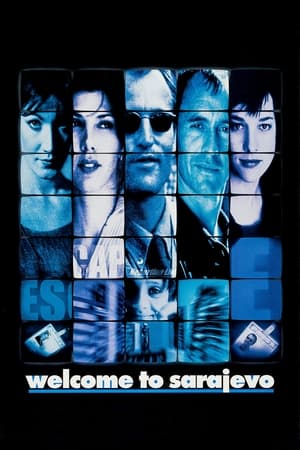 6.4
6.4Welcome to Sarajevo(en)
Follow a group of international journalists into the heart of the once cosmopolitan city of Sarajevo—now a danger zone of sniper and mortar attacks where residents still live. While reporting on an American aid worker who’s trying to get children out of the country, a British correspondent decides to take an orphaned girl home to London.
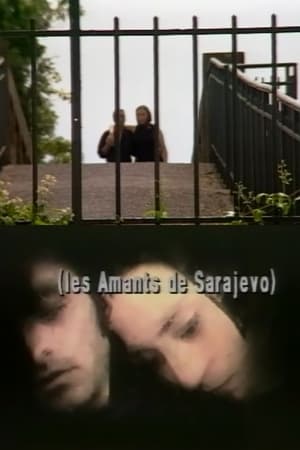 8.0
8.0The Lovers of Sarajevo(fr)
Deeply moved by the Bosnian tragedy and, more specifically, by the nightmare that the inhabitants of Sarajevo have been living for two years, the filmmaker Marcel Hanoun, like other great creators (from Susan Sontag to Juan Goytisolo), wanted to give testimony. He has made a superb film-poem in homage to this young Bosnian couple (belonging to two enemy communities) that was killed by an anonymous sniper on Liberty Bridge, in the summer of 1993, as they were trying to flee from the besieged city. ("Le Monde Diplomatique", 1994)
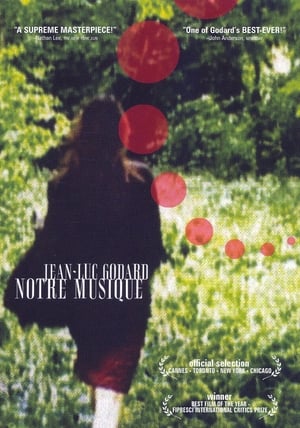 6.7
6.7Notre Musique(fr)
A three-chapter (Hell, Purgatory and Paradise) meditation on the city of Sarajevo in the wake of the Bosnian war, on Palestine and Israel, and on war itself.
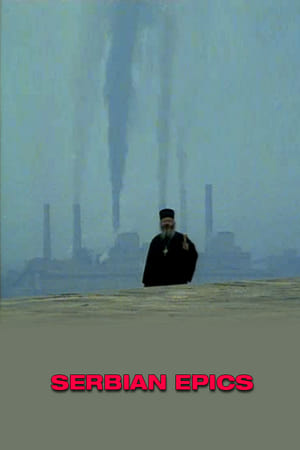 5.5
5.5Serbian Epics(en)
Paul Pawlikowski's award-winning documentary on life behind Serbian lines in Bosnia. The film observes the roots of the extreme nationalism which has torn apart a country and provides a chilling examination of the dangerous power of ancient nationalist myths.
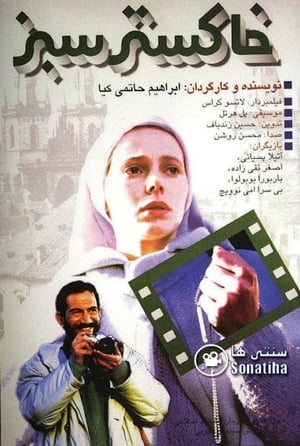 5.3
5.3Green Ashes(fa)
A filmmaker named Hadi is sent to Croatia to complete his research for a film. Aziz, Hadi’s friend, gives him a cassette tape, a piece of image, and a half a piece of plaque in order to find a girl named Fatima. Alongside a Farsi-speaking Bosnian woman, Hanifa, Hadi begins his quest for Fatima.
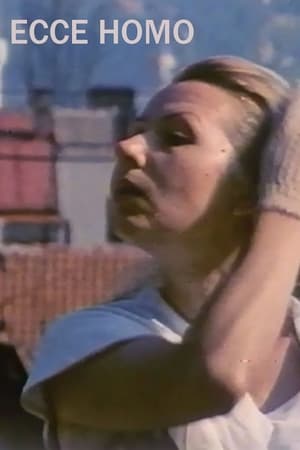 6.0
6.0Behold the Man: Ecce Homo(bs)
A personal interpretation of the blockade of Bosnia and Herzegovina's capital.
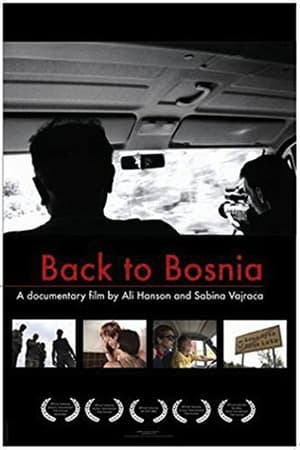 7.0
7.0Back to Bosnia(en)
Filmmaker Sabina Vajraca documents her Bosnian Muslim family's return to their home of Banja Luka, Bosnia, to recover their stolen belongings many years after being forced to flee to the United States. In Bosnia, they witness the devastation of the city, visit war crimes sites, and confront the family that has been living in their former apartment -- with all their furnishings -- for a decade.
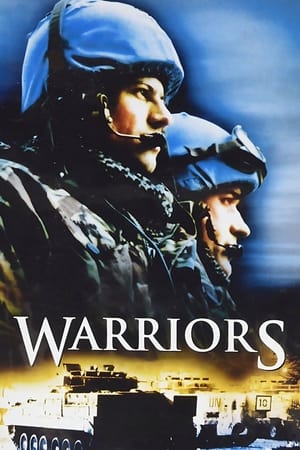 6.7
6.7Warriors(en)
If the conflict in Bosnia has become something of a forgotten war, it's not for the want of trying from the immensely powerful BBC film Warriors, the story of five young soldiers and their harrowing experiences in the region.
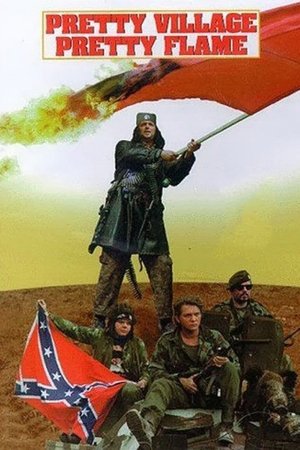 7.9
7.9Pretty Village, Pretty Flame(sr)
In the opening stages of the Bosnian War, a small group of Serbian soldiers are trapped in a tunnel by a Muslim force.
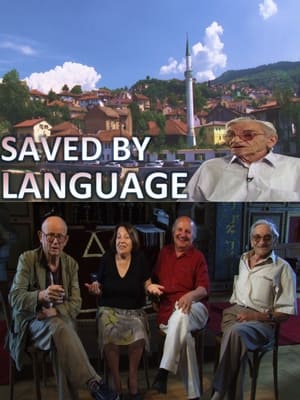 0.0
0.0Saved by Language(en)
Can a language save your life? Yes it can, even an ancient one from the 15th century. Saved by Language tells the story of Moris Albahari, a Sephardic Jew from Sarajevo (born 1930), who spoke Ladino/Judeo-Spanish, his mother tongue, to survive the Holocaust. Moris used Ladino to communicate with an Italian Colonel who helped him escape to a Partizan refuge after he ran away from the train taking Yugoslavian Jews to Nazi death camps. By speaking in Ladino to a Spanish-speaking US pilot in 1944 he was able to survive and lead the pilot, along with his American and British colleagues, to a safe Partizan airport.
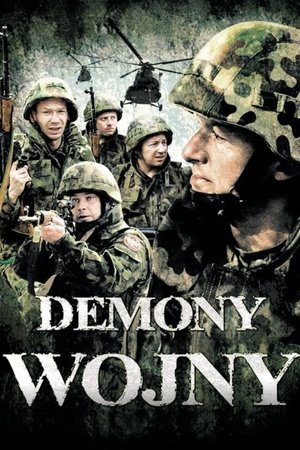 6.4
6.4Demons of War(pl)
A detachment of the Polish IFOR forces in Bosnia is led by Major Keller, who is being investigated for insubordination during a patrol in Srebrenica. The investigation is to be led by two arriving officers - Lieutenant Czacki and Major Kusz who will also replace Keller as CO. When the camp's RTO receives a communication from a downed Norwegian chopper, Keller ignores his standing orders and leads a platoon to rescue the crew.
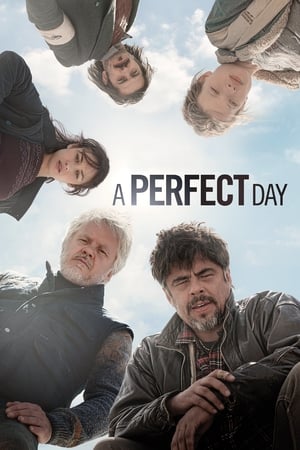 6.7
6.7A Perfect Day(en)
Somewhere in the Balkans, 1995. A team of aid workers must solve an apparently simple problem in an almost completely pacified territory that has been devastated by a cruel war, but some of the local inhabitants, the retreating combatants, the UN forces, many cows and an absurd bureaucracy will not cease to put obstacles in their way.
